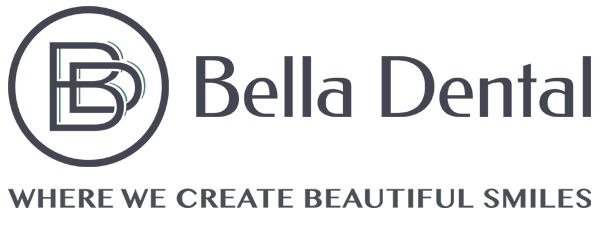There are many physical changes associated with the aging process—gray hairs, crow’s feet, and sore joints are some of the more common issues people notice, but there are also significant changes in your oral health. As you get older, it’s more important than ever to see the dentist regularly for preventive care to keep your teeth and gums in good shape. Here are some common dental problems in older adults that you should be aware of.
Tooth Decay
According to the Centers for Disease Control, 1 in 5 adults over the age of 65 has untreated tooth decay. There are many potential reasons for this; for one, arthritis and other medical conditions can affect manual dexterity and make it more difficult to brush thoroughly. Many seniors lose dental insurance when they retire and older adults who are disabled or homebound are also at a higher risk for tooth decay because they’re not able to get the routine dental care they need.
To prevent cavities, brush for two minutes twice a day and floss between your teeth at least once a day. Schedule appointments for dental cleanings and comprehensive oral evaluations every six months; dental cleanings remove the tartar that can lead to tooth decay, and oral evaluations give us the opportunity to identify small cavities before they cause extensive damage.
Gum Disease
Dry mouth is common in older adults, which can lead to gum disease. The CDC reports that 68 percent of adults age 65 or older have gum disease, and this can have serious consequences for your oral health, including tooth loss.
Many of the medications used to treat the diseases associated with aging also cause dry mouth. This lack of saliva means that bacteria and food particles accumulate in the mouth rather than being rinsed away throughout the day, setting the stage for gum disease. If you struggle with dry mouth, make an extra effort to sip water all day long or use sugar-free gum or lozenges to stimulate saliva production.
Oral Cancer
There are about 35,000 cases of mouth, throat, and tongue cancer diagnosed each year according to the American Cancer Society, and the average age at the time of diagnosis is 62. Because oral cancers commonly present as small sores or patches on the soft tissues of the mouth, many people dismiss them as canker sores or irritation. This is another reason why routine dental care is critical as you get older; during your regular dental check-ups, your dentist will perform a thorough oral cancer screening to identify suspicious lesions and sores.
Wear and Tear
Just like those creaking knee joints, your teeth experience wear and tear with age. Enamel begins to thin, a lifetime of acidic foods take their toll, and the daily biting and grinding required to eat can cause fractures and chips.
Unfortunately, there’s not much that can be done to save teeth from the wear and tear of getting older, but it’s important to keep a close eye on any potential problem spots. Fluoride rinses can help remineralize your teeth to prevent cavities and treatments like dental bonding can repair some of the cosmetic damage caused by aging.
Learn More About Keeping Your Teeth Healthy as You Age
We’re happy to talk to you more about how to keep your teeth healthy as you get older during your next dental visit. Contact us today to schedule an appointment at one of our three New Jersey locations.

